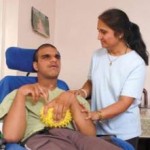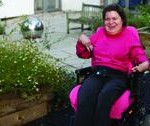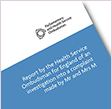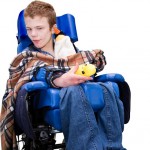
In this blog, Sian Anderson looks at a study that seeks to discover the factors, which can most positively impact on the development and maintenance of the informal social networks of people with profound intellectual and multiple disabilities.
[read the full story...]






